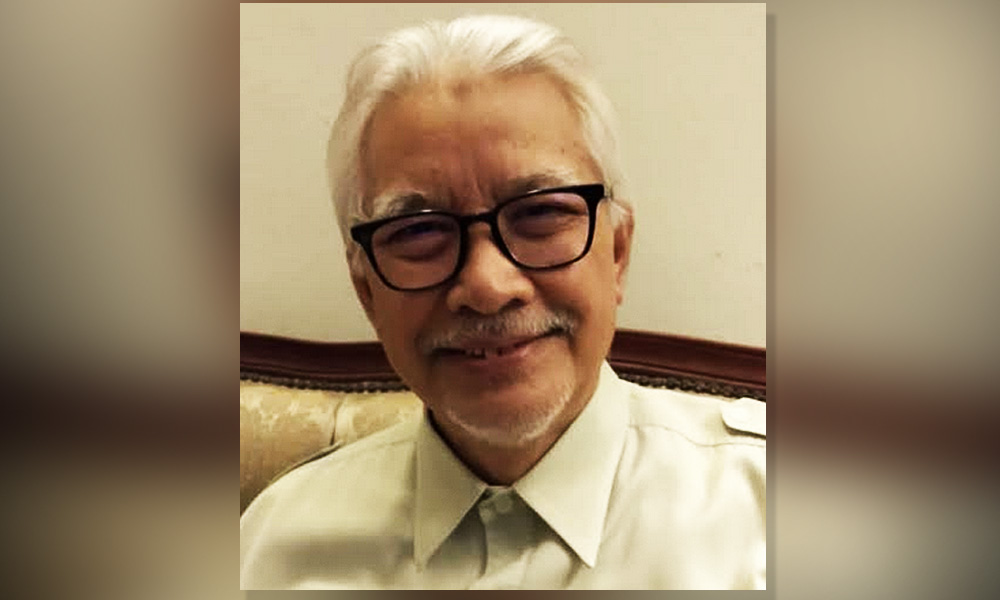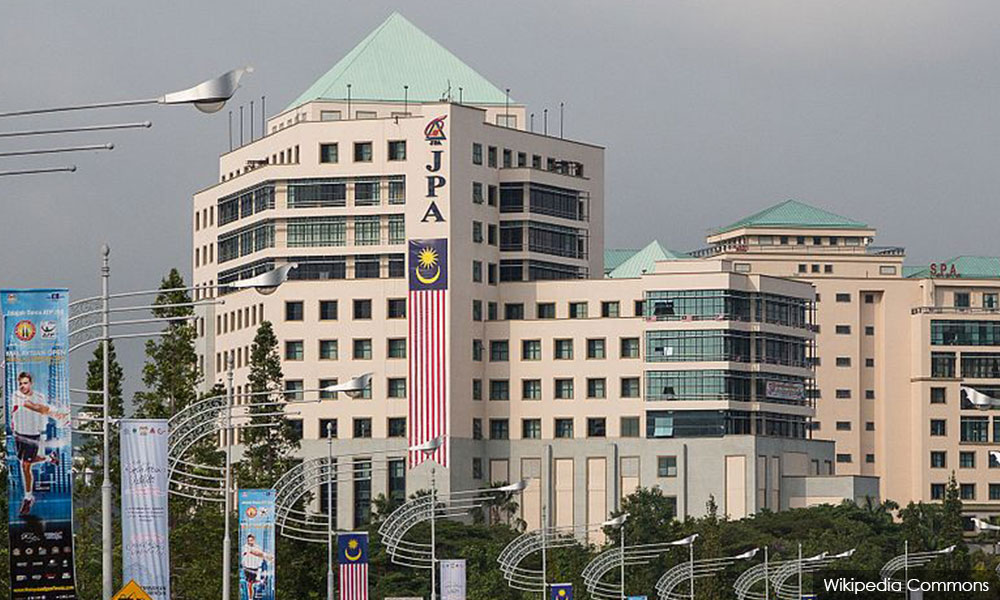
INTERVIEW | Prime Minister Dr Mahathir Mohamad recently alleged that the “previous government had developed an attitude” for the civil service, which included “working for a particular party and leader, and not to work for the development of the country and not instilling high democratic principles.”
Former senior civil servant, Abdul Halim Shah Abdul Murad, who retired from the Public Services Commission in 2005 and sat on the disciplinary board of the Public Services Department, said that politicians and politicking by previous administrations have contributed to the drastic fall in the civil service’s reputation and efficiency.
“When politics became more institutionalised, that spelt the doom for the civil service, because civil servants served not in the public interest but were forced to be the errand boys of politicians,” said Halim, who has served in various capacities within the civil service in 37 years, including as director-general of the Legal Affairs Division in the Prime Minister’s Department.
According to the 73-year-old, part of the problem the current administration is facing is the continuous election of the same political parties over the last half-century.
Halim said it was “inevitable” that the civil service would “descend to its lowest ebb...when politicians more or less remained permanent and the civil servants became more dispensable in all the ministries and departments”.
“The fault does not lie with the civil service, but more with the so-called democratic system, whereby we allowed the same coalition to rule the country for more than half a century,” he added.

Halim said that the “duress” experienced under previous administrations had contributed to the civil service’s rapid decline, with employees becoming “yes men” rather than able technocrats who could read the needs of a developing nation.
“If they have to serve under duress, then there is not much can be expected of them no matter how good they are as officers.”
Choose the right people
Politics aside, Halim also lamented that the quality of recruits to the civil service has deteriorated to such an extent that there was a gradual dilution of the body’s services and efficiency, which has now come to be known as the PTD or Perkhidmatan Tadbir dan Diplomatik.
“At the very outset, we must select the right people to do the right job right. In the early years of Merdeka, the intake of people into the PTD was very much dependent on the output only from Universiti Malaya in Singapore which then moved to Kuala Lumpur.
“Only the best could have graduated from this institution and thus there was not much of a problem in selection. The pool was small and the number of civil servants recruited was very limited.”
Halim added that the key was quality. He said that the colonial service under the British had already laid the foundation of a sound administration with its established rules and regulations.
He added that there were “just a handful” of early civil recruits, otherwise known as cadets, with training being done on the job.
“They learned the ropes of government service from their mentors whose reputation was second to none in this part of the world.
“When I first set upon a compendium of colonial MCS (Malayan Civil Service) officers, which contained information about their educational backgrounds, most were educated in public schools in England and then graduated from Cambridge University and Oxford University,” he said.

Halim noted that another determinant, which cannot be overemphasised, is the ethos of the civil service prevalent today.
“By this, I mean the values espoused by the civil servants must be in consonance with noble virtues such as being God-fearing, morally upright, honest and of integrity.
“These sound virtues must be exhibited in their moral conduct and discipline, in their everyday lives and not become just mere exhortations."
Halim added that public trust was civil servants’ raison d'être, and that they must uphold “the principle of neutrality of service, regardless of the political circumstances existing and prevailing around them.”
Improve recruitment methods
Halim feels that current methods of recruitment are already outmoded.
“Technically, many things have changed, such as computerisation in short-listing of candidates, conducting evaluation and assessments in written form and through group activities, but they still fall short, because we have not done an evaluation on how valid and effective these techniques are.
“Our interviews are also not standardised and unprofessional. I propose a thorough re-examination into the present methods be made and changes for the better be instituted,” he said.
Halim added that the suitability of candidates for recruitment must not only be based on paper qualifications, but other measurements that determine their aptitude or attitude, including their problem-solving abilities.
“I am a firm believer that discipline must be imbibed by every fresh recruit into the civil service, because it is the cornerstone of character development of the individual,” he said.
As an example, Halim said that the Federation Military College (now Royal Military College) had instilled in him “the habits of punctuality and good grooming”.
He said that apart from developing competencies such as problem-solving, communication and tech-savviness, he proposes that civil servants must be a reservist throughout their first three years upon being recruited.
This means compulsory military training while still in service, where they have to undergo drills and annual camps as part of a comprehensive package in their appointment offer.
Halim also said he noticed that the civil service seems to have deteriorated in terms of promoting deserving officers for promotions.
“Political interference should not be tolerated, and whenever a key position is involved, the criteria of political acceptability should not even be allowed to intrude." - Mkini



No comments:
Post a Comment
Note: Only a member of this blog may post a comment.